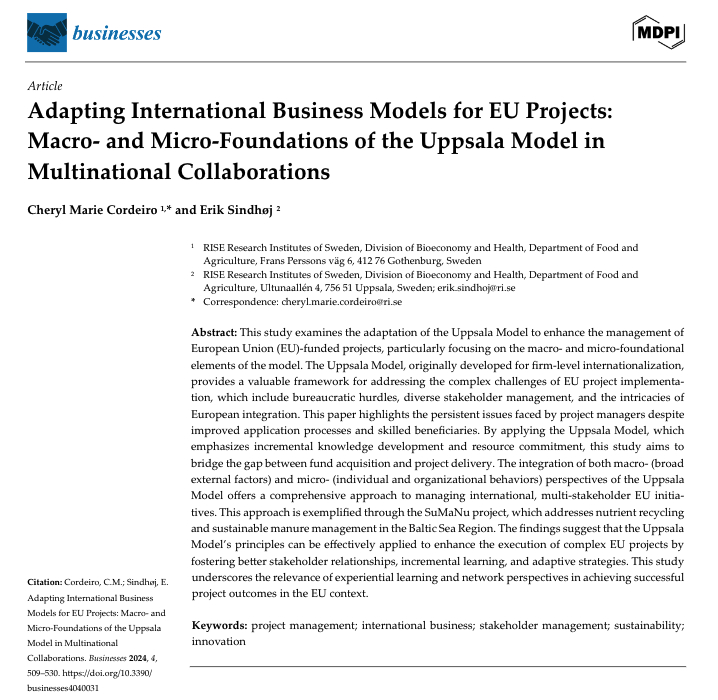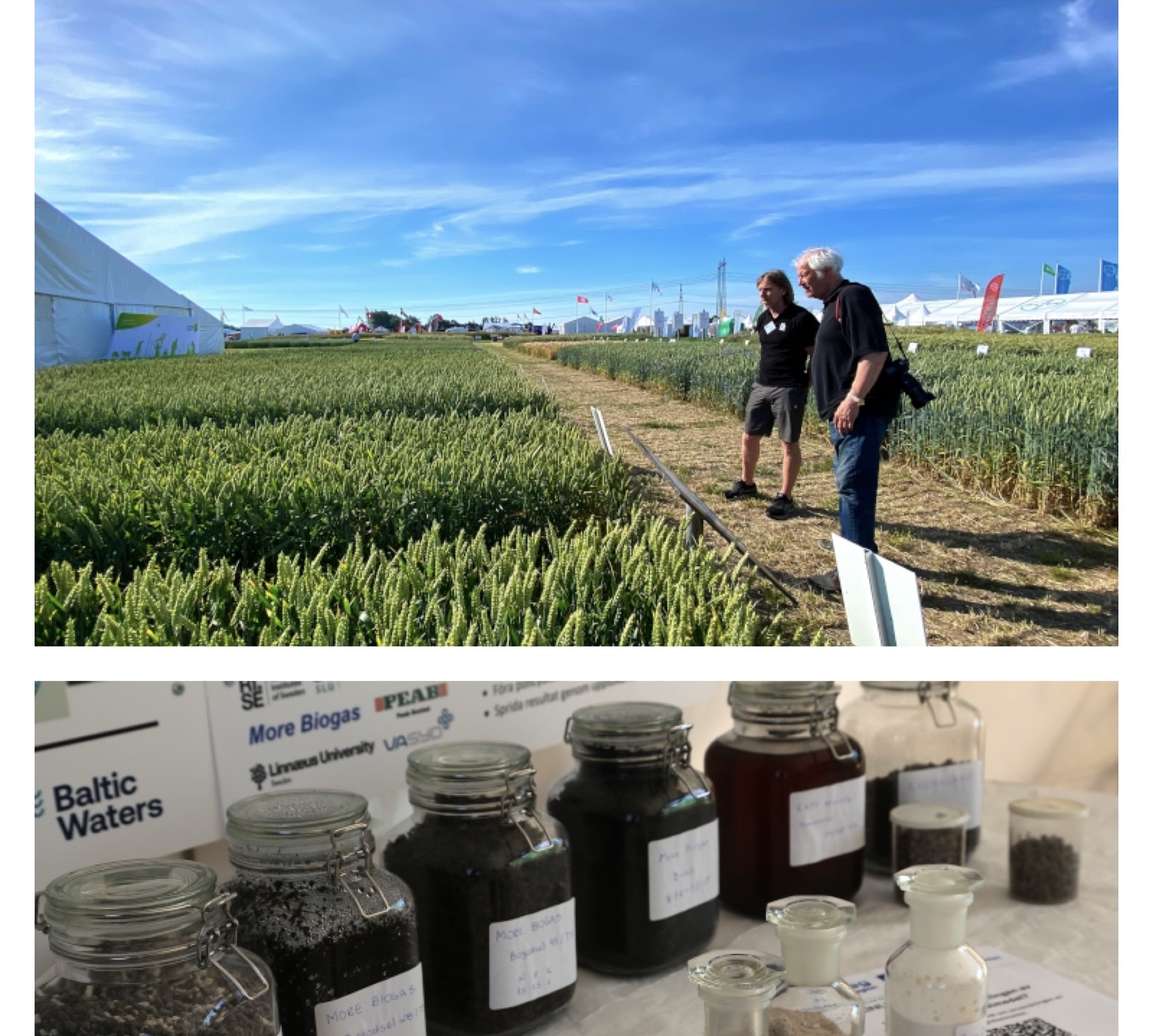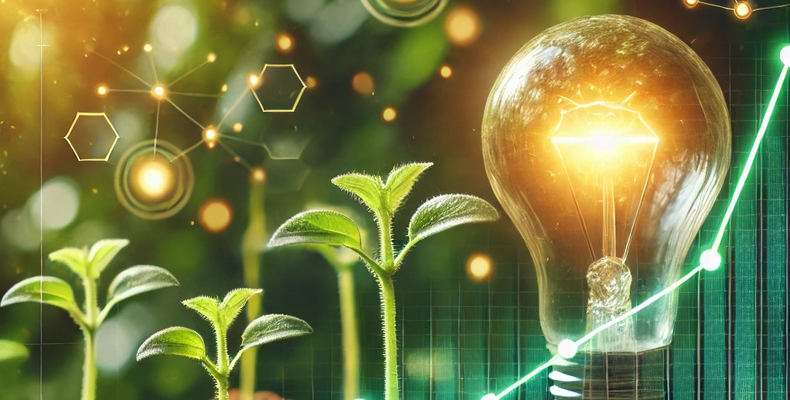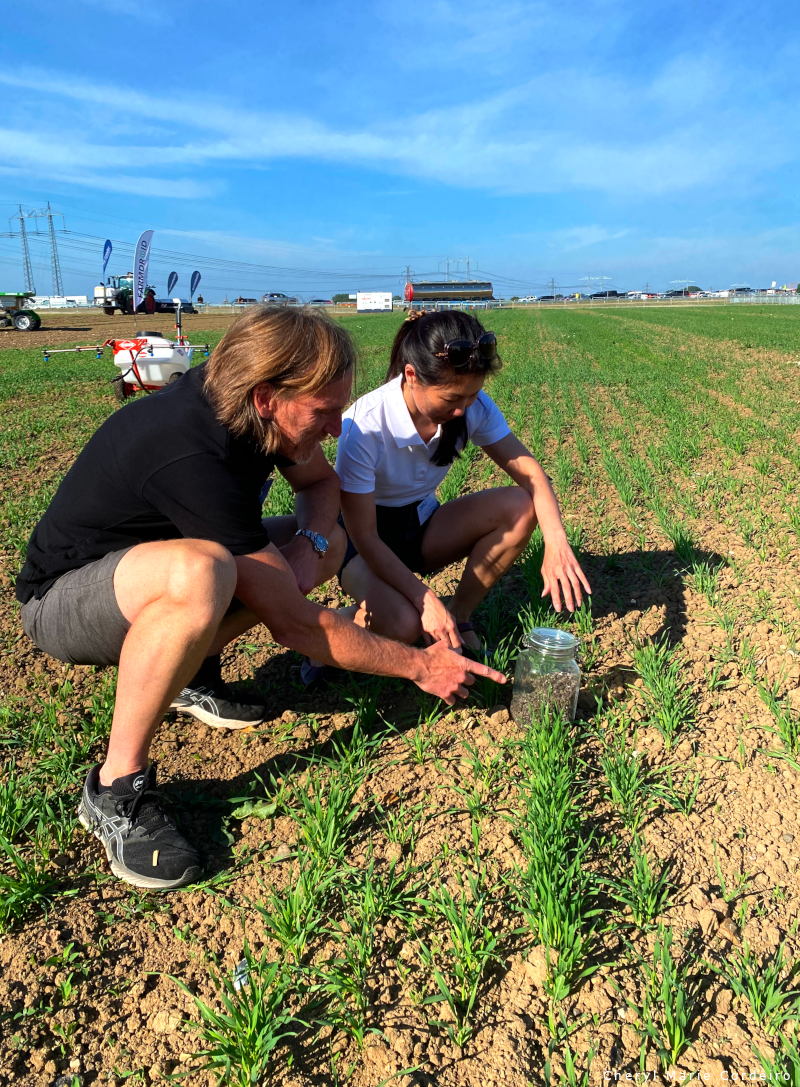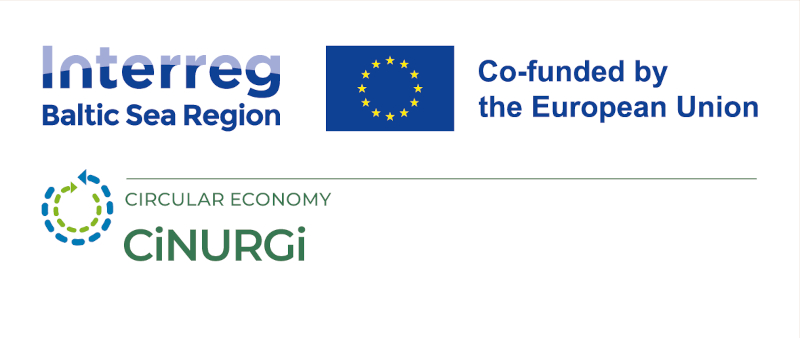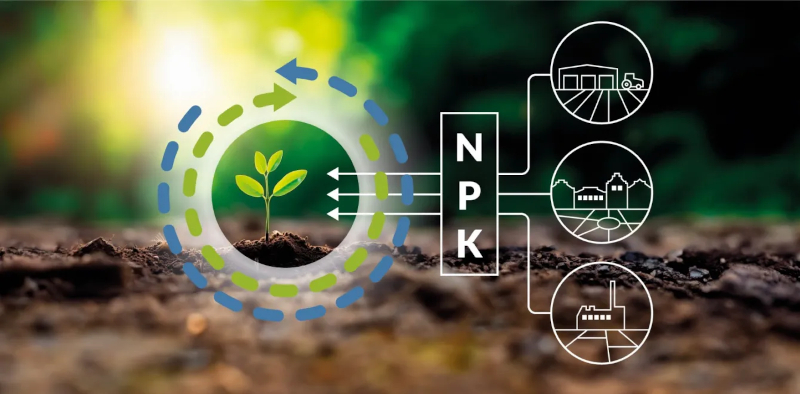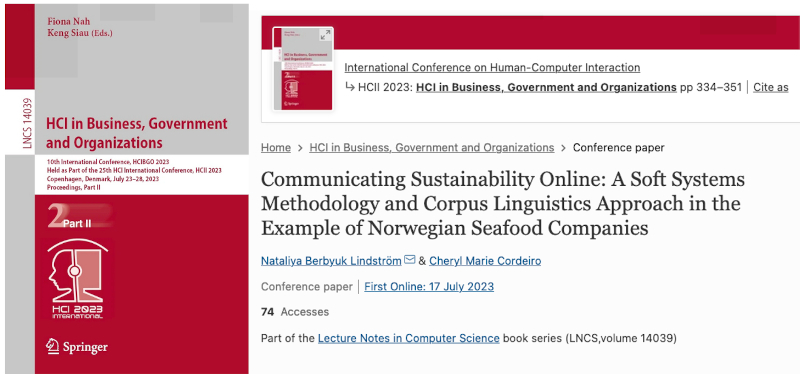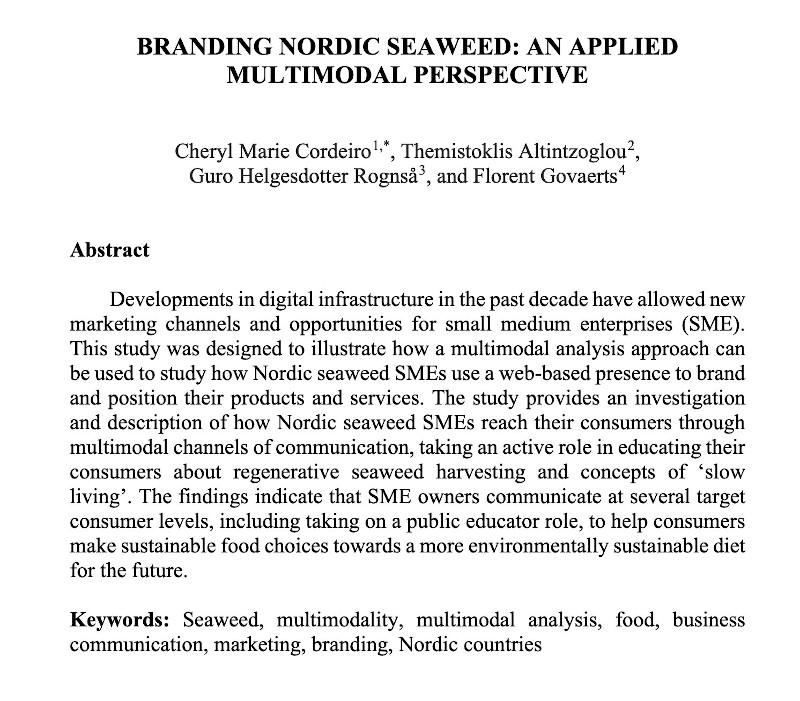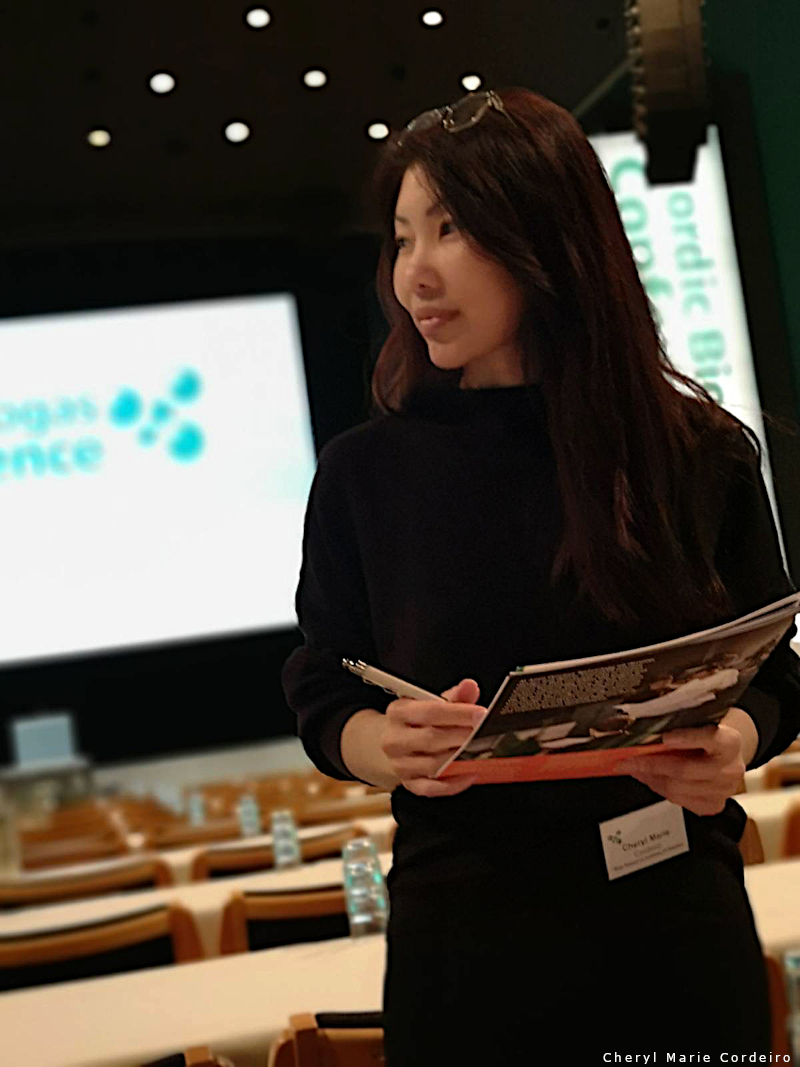
At the ninth Nordic Biogas Conference (NBC), held October 22nd–23rd, 2024 in Aalborg, Denmark.
Text & Photo © CM Cordeiro & , JE Nilsson 2024
Reflecting on the Nordic Biogas Conference 2024: Championing Circular Economy and Nutrient Recovery
This past October, I had the privilege of participating as a plenary speaker at the Nordic Biogas Conference (NBC) 2024 in Aalborg, Denmark. The NBC is a key platform for knowledge exchange and networking among experts, innovators, and stakeholders in the biogas and circular economy sectors. Organized by leaders from the biogas industries of all five Nordic countries, NBC 2024 brought together a diverse group of professionals dedicated to advancing sustainable energy and waste management solutions.
A Focus on Circular Economy, Waste Management, and Nutrient Recovery
During the session, titled Circular Economy – Waste Management – Feedstock and Fertiliser Quality, moderated by Linn Andersson from Avfall Sverige, I presented insights from the EU Interreg BSR core project, CiNURGi, where we focus on nutrient recovery as a catalyst for sustainable synergies across various sectors in the Baltic Sea Region. My presentation, Circular Solutions for Nutrient Recovery: Building Sustainable Synergies Across Sectors in the Baltic Sea Region [PDF], highlighted innovative solutions for recycling nutrient-rich biomass, developing industry standards for safe fertilizers, and fostering cross-sector collaborations. These approaches are essential for creating resilient, circular systems that reduce environmental impact while opening new economic opportunities.
